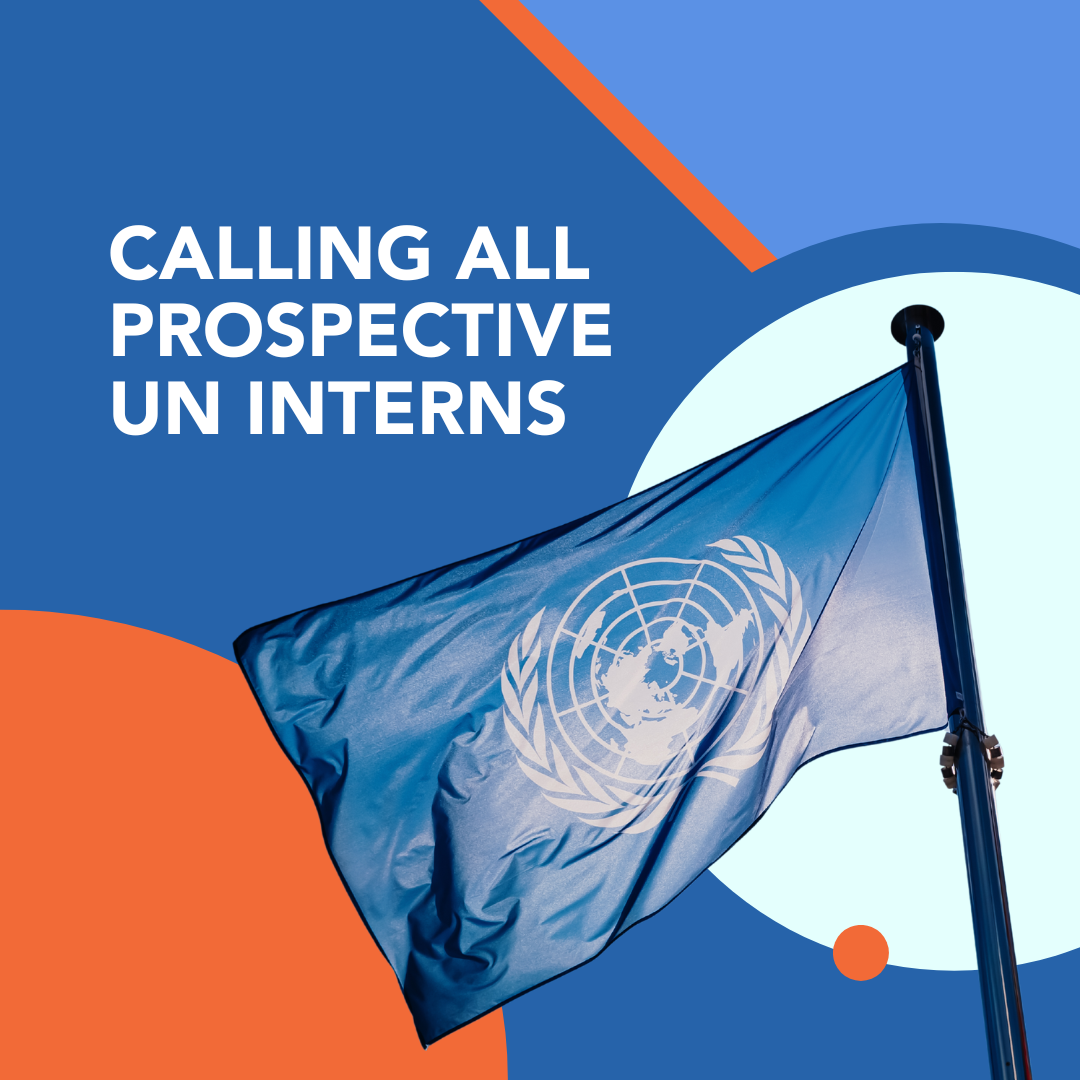UN Intern Reflection: Lily Laugharn, UNA-USA Fellow
Lily Laugharn serves as Sustainable Food Systems Intern at the United Nations Environment Programme (UNEP) in Paris, France. Lily is supported by a grant from the UNA-USA Fellowship Initiative.

For the last three months, I have had the opportunity to intern for the United Nations Environment Programme (UNEP) within the Cities Unit, based in Paris. My internship is on sustainable food systems, and has primarily focused on food waste, a ubiquitous problem that I’ve learned connects with several other challenges. When we start connecting the dots–that food loss and waste accounts for 8-10% of global greenhouse gas emissions, costs something to the tune of 1 trillion dollars annually, and occurs in the context of 735 million people facing chronic hunger last year–we arrive at an almost dizzying web of interlinkages between this problem and others. However, where there are connected challenges there are as many opportunities for cross-cutting solutions. Working to reduce food waste is also a chance to improve the state of emissions or food security, reduce pressure on land, and inspire more circular economies.
UNEP’s work on food waste reduction takes place in the context of SDG target 12.3–halving global food waste and reducing losses by 2030. I’ve been able to work on the full span of our activities: supporting in-person and virtual capacity-building workshops, doing research tasks on consumer behavior change and circular food systems, drafting speech materials and coordinating for high-level events such as COP28, readying our Food Waste Index Report for launch, collaborating with partners on joint projects, and preparing presentations on the work that we do. I represented UNEP as a Young Food Systems Advocate on the International Day of Awareness of Food Loss and Waste, giving a presentation that put a spotlight on the role of youth in creating more sustainable food systems. I hope to expand further on this in the latter half of my internship, by creating food waste lesson plans or educational materials for young people.
At this halfway point of my internship, I have developed a better sense for not only how the UN works, but also how our extensive range of partners, in government, academia, non-profit and private sectors, each approach this same problem from different angles. As a UN intern, I’ve also had access privileges to cultural exhibitions at the UNESCO headquarters, which is just a short walk from our UNEP Paris office.
I feel very fortunate to work alongside this great team and community of interns. I would like to say a big thank you to UNA-USA for their support during this internship–I’ve learned a lot about a critical issue and am acquiring skills that will serve me in my professional life and beyond.
Sources:
UNEP Food Waste Index Report 2021 | UNEP – UN Environment Programme, p20
Champions_12.3_Playbook_HIGH-RESOLUTION.pdf (champions123.org), p6
Goal 2: Zero Hunger – United Nations Sustainable Development

The UNA-USA Fellowship provides financial support for American undergraduates, undergraduates who have received their bachelor’s degree within one year of graduation, and first year master’s students who have secured unpaid internships with the United Nations. If selected, you can be awarded up to $13,000 for up to four months.
Learn More


